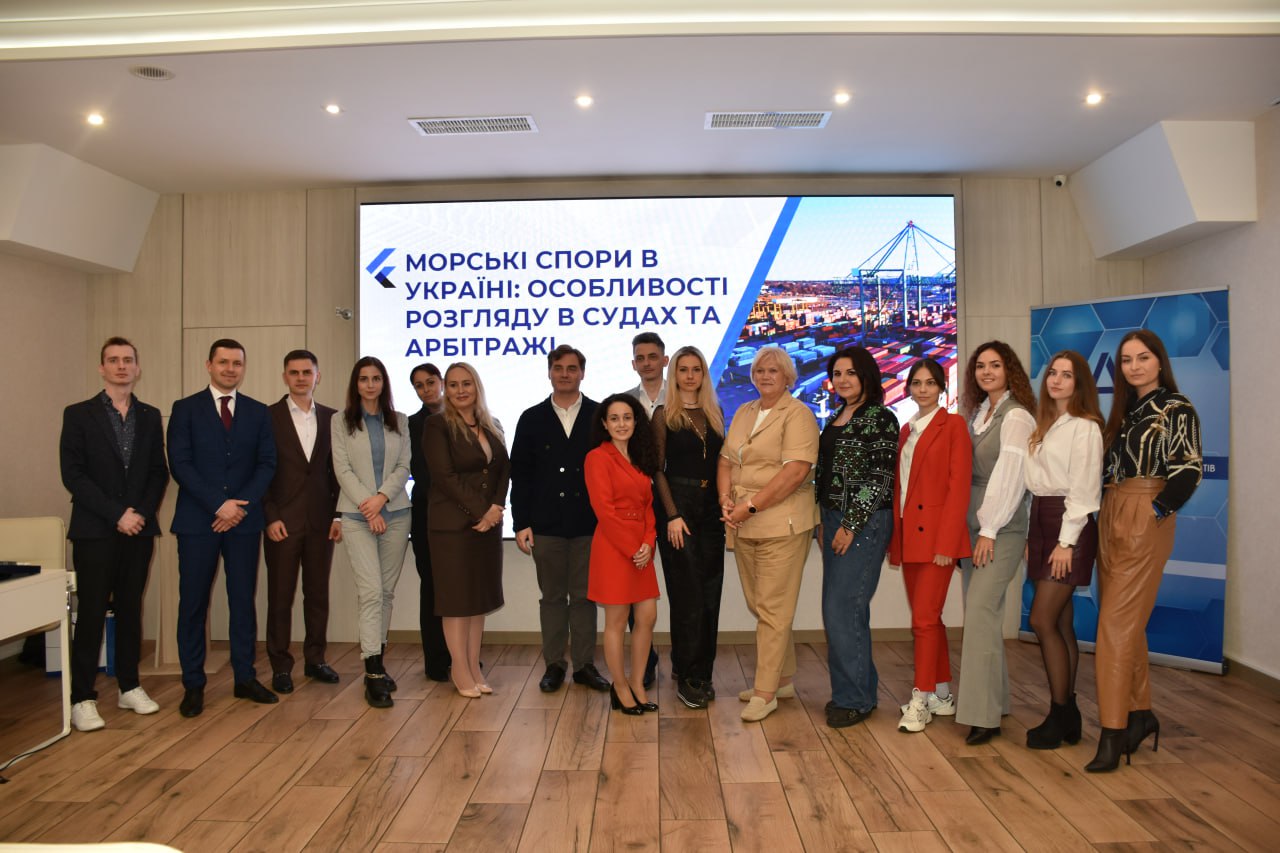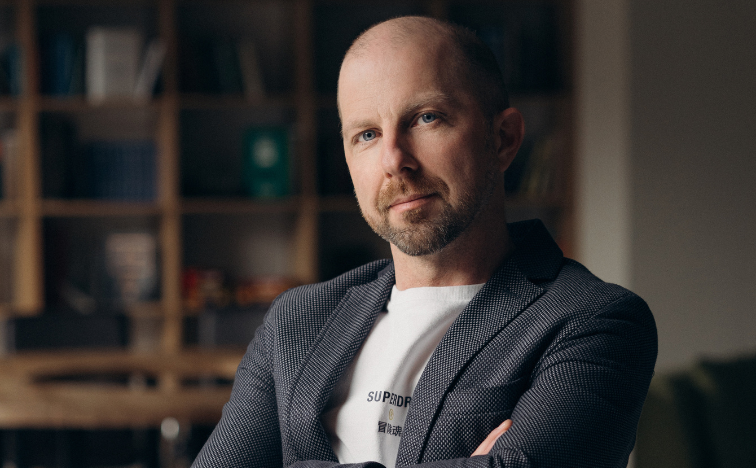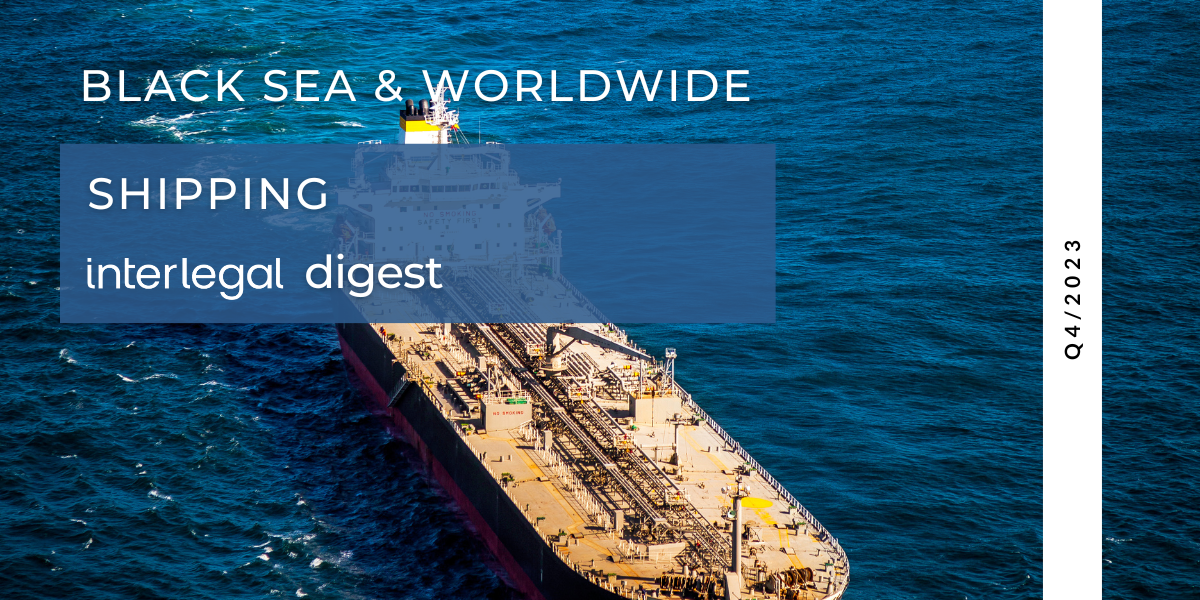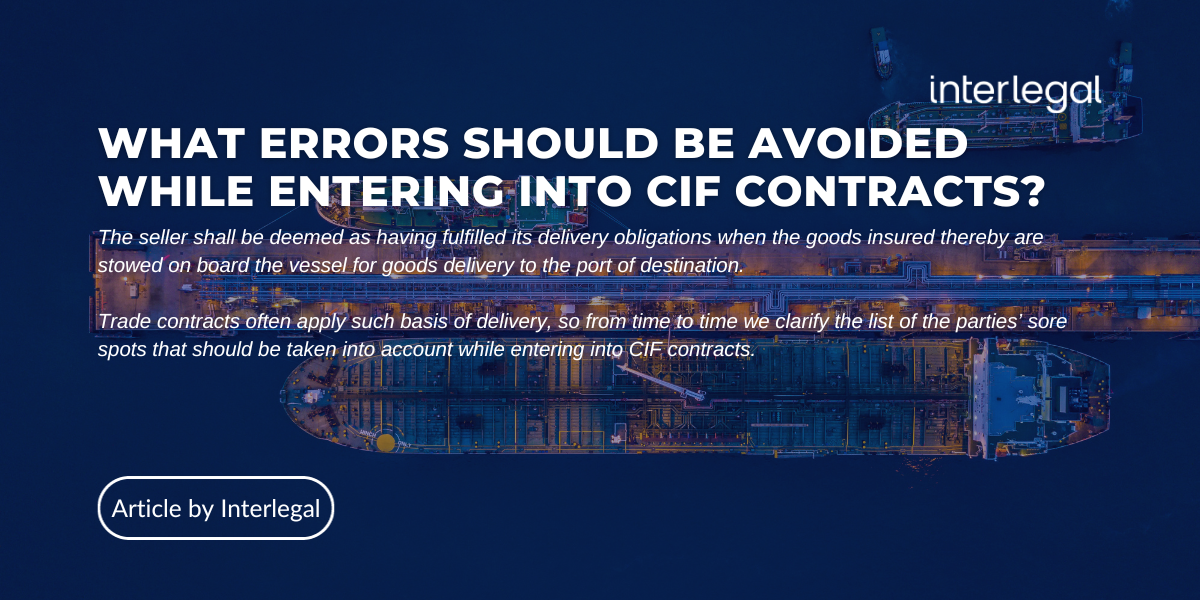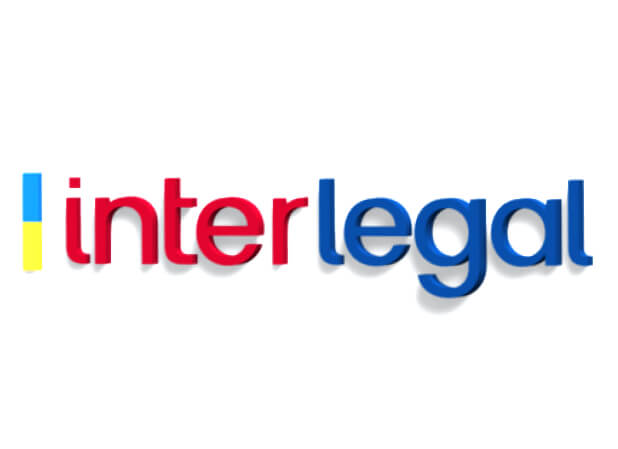International Forum on Seafarers Education, Training and Crewing
10 September, 2015
9
This important event, organised by the Odessa National Maritime Academy, was well supported by many of the worlds leading ship managers and crewing agencies. This should come as no surprise, as Ukraine is the third largest provider of seafarers to members of the International Maritime Employers Council (IMEC) after Philippines and India. There are estimated to be about 10,000 cadets in training in the Ukraine and 70,000 seafarers in the industry. Seafaring and shipping services are a respected profession in the Ukraine and due to economic issues, a long career at sea is a good career move.
There was much discussion about life onboard and what makes a happy ship. Most of the cadets who participated reported that life at sea was generally a good life. Important issues to the seafarers present included length of contracts, which should not exceed 4-5 months (with two months off), being paid on time, and having good quality food. Increased Internet access was a major issue for improving life at sea and was seen as a key service for retaining crews. Challenges included keeping up with the training for new technology and being prepared to move between different ship types.
Ship operators discussed how important it was to have a good relationship between the shipmanager, training facilities and crewing agents. It was agreed that these relationships worked particularly well in Odessa and the Ukraine. Ukrainian cadets were prized for their eagerness to learn and dedication to their employers. Cadets did mention that they were eager to find a good employer and that it was relatively easy to leave a bad employer.
The NI was represented by our President, Capt Robert McCabe FNI, David Patraiko FNI and members of the local branch including the Hon Secretary Professor Vladimir Torskiy, FNI. Capt McCabe gave an excellent presentation on Human Factors, reproduced in full in the June issue of Seaways. Basing his speech on the “Swiss Cheese” model of accident causation (from James Reason), he explored how the navigator should be the last defence for preventing an accident. Proper accident prevention starts with a good design, continues with good training and assessment, is further supported by a good management system, and a safety culture both ashore and at sea, and only finally includes the actions taken onboard. He stressed that it is unreasonable to expect humans to be flawless. Instead efforts needed to be made at all levels to “capture error” with a no-blame culture.
The use of ECDIS caused some discussion, with not all delegates being aware of the Industry ECDIS Training Guidance of 2012 (www.nautinst.org/ecdis) which emphasises the need to be familiar with onboard systems, rather than a requirement to have type-specific training. One major shipmanager praised the work of the industry group, led by the Institute, and claimed that the use of the familiarisation checklists satisfied most inspectors, including those employed by the oil majors, and that fewer flag states were requiring type-specific training. The key was to be able to demonstrate familiarisation, rather than how the knowledge had been gained. Although type-specific training can assist with familiarisation, so too can computer based training, e-learning, proper use of manuals, extended handovers, etc. David Patraiko covered this issue and other questions on the implementation of eNavigation in a presentation that can be heard in full in the Members Area of the NI Website. To access it, log in and click on the “Presentations” tab.
On a personal note, there is some concern by the industry about travel to Odessa, but our trip could not have been better. We found the city clean and safe, the airport efficient, and all the people we met at the Academy, the conference and in the town were kind, pleasant and helpful. I can highly recommend a visit to Odessa and look forward to further professional events there.
The Nautical Institute of Ukraine, our Branch, is closely involved with the conference series and their hospitality for Nautical Institute visitors is consistently outstanding.
Published in journal Seaways.
David Patraiko FNI, Director of Projects, The Nautical Institute

